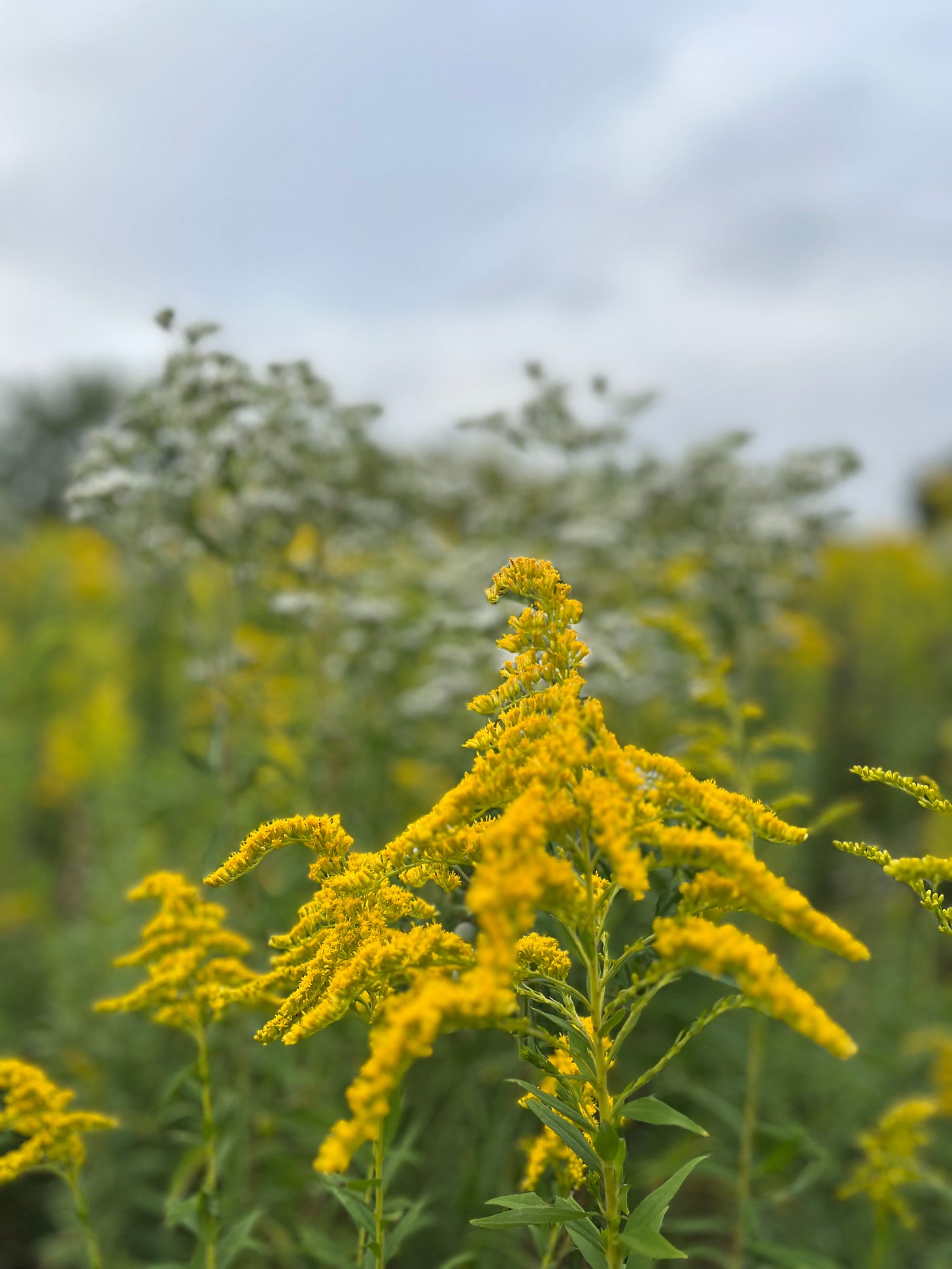Added note: this newsletter contains amazon affiliate links. When you click through and purchase, I receive a small commission at no extra charge to you. It’s a great way to support this newsletter.
What skills or aptitudes does a writer need? What characteristics do good writers share? Too many too count, I suppose. But here’s one to consider today.
Good writers are curious. Whether they are naturally so, or learn to be, writers who lean into their curiosity write better. Like a child who stops to examine bugs on the sidewalk or a flower blooming, they slow down and take notice, and ask questions.
Photo by Helena Lopes: https://www.pexels.com/
As a journalist, I was trained to ask Who? What? Where? Why? When? How? Every story I filed needed to answer those basic questions, preferably within the first two paragraphs.
Writers seek to understand the world, to uncover the truth about themselves and others. They dig deeper and then distill what they find into observations that ring true.
Writers are often advised to write about what they know. But I find it much more interesting and exciting to write about what I’m learning. And the path to learning is giving yourself permission to ask questions and be curious.
Perhaps as a child your curiosity was quashed. Someone told you, “don’t ask so many questions!” Or your constant inquiries of “why?” led to an exasperated “Because I said so!”
Photo by Monstera Production: https://www.pexels.com/
If you’re going to write, you’ll have to give yourself permission to ask questions. To gently reject the messages that tamped down your creativity and inquisitive intelligence.
Writers ask questions—and usually not questions that can be brushed off with a simple yes or no. They want to know more, probe deeper. Whether they’re researching a nonfiction book or delving into the psyche of the protagonist for their novel, writers turn their wonder into questions. And in the process, unearth even more wonder. To see things differently.
Photo by Keri Wyatt Kent
For the first decade or more of my writing career, I relied on asking questions—as a newpaper reporter, magazine writer, collaborative writer. I often say that my nonfiction books were birthed from my own questions about the nature of things:
How do you nurture your own spiritual life when caring for young children? *
How does the pace of my life impact the health of my soul? *
How can I fit Sabbath into a hectic life? *
How can I make space to listen to God?*
(If you’re curious about those same questions, the links above lead to my books on those topics.)
As a collaborative writer, I interview my co-authors, and then write based on what they tell me. In fact, one of my current clients is writing his own book. I provide a curious sort of coaching: I simply ask him questions. To help him recall stories and capture them, I interview him every week. I get curious. I interrupt his stories with “wait—what? Tell me more about that!” We record the conversations and he’s got tons of material for his book. He’s writing, I’m just asking questions. Together, we’ve unearthed much more of the story than he was able to write on his own.
Good writers are naturally curious. But if this isn’t your bent, the good news is, curiosity can be cultivated. You can train yourself to be more inquisitive. To ask open ended questions and follow them up with more questions.
Want to cultivate curiosity? The next time something makes you mad, stop. Instead of jumping to a conclusion, take a breath. Open your heart and mind. Take a few minutes to formulate questions. What’s really going on? What is motivating this person? How does this work? What does this person need? What do I need in this moment?
One of my clients said she tried to keep the phrase “curious not furious” front and center, especially when engaging with people she disagreed with. She was writing about building trust in your own voice, and saw curiosity as a part of that. I love that. Because curiosity is more than just a tool to strengthen your writing. It’s a way of deepening your understanding and living courageously. When you feel afraid or uncertain, choose a deep breath instead of panic. Choose to look for more information, to gently ask “What’s really going on?” instead of rushing to judgment or fear.
Cultivating curiosity nudges us toward optimism and better understanding of people around us. What do we say when we are curious?
Tell me more…
Help me understand…
I wonder…
In other words, we can grow in knowledge, deepen our understanding, and regain a sense of wonder, all from choosing to be curious.
*affiliate links to amazon. Again, there’s no cost to you to use these links but it does provide a commission that helps support my work.







Thank you, Keri. I need to pause more and ask myself more questions about situations. I look forward to meeting you next month at West Coast Christian Writers Conference.
To model excellent curiosity, read the first few chapters of Genesis. It reads like a grandparent's answers to a curious toddler's questions while someone else is preparing dinner. How did the sun, moon, stars and sky happen. Why are there plants, animals, water and people?